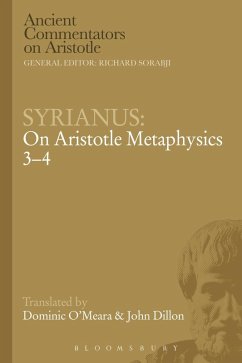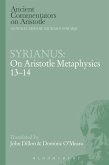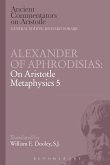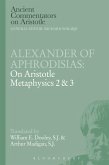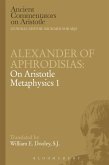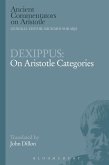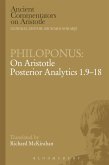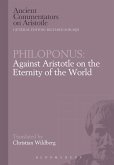Syrianus, originally from Alexandria, moved to Athens and became the head of the Academy there after the death of Plutarch of Athens. This discussion of Aristotle's Metaphysics 3-4 shows how metaphysics, as a philosophical science, was conceived by the Neoplatonic philosopher of Late Antiquity. The questions raised by Aristotle in Metaphysics 3 regarding the scope of metaphysics are answered by Syrianus, who also criticises the alternative answers explored by Aristotle. In presenting Metaphysics 4, Syrianus explains in what sense metaphysics deals with 'being as being' and how this includes the essential attributes of being (unity/multiplicity, sameness/difference, etc.), showing also that it comes within the scope of metaphysics to deal with the primary axioms of scientific thought, in particular the Principle of Non-Contradiction, for which Syrianus provides arguments additional to those developed by Aristotle. Syrianus thus reveals how Aristotelian metaphysics was formalized and transformed by a philosophy which found its deepest roots in Pythagoras and Plato.
Bitte wählen Sie Ihr Anliegen aus.
Rechnungen
Retourenschein anfordern
Bestellstatus
Storno

